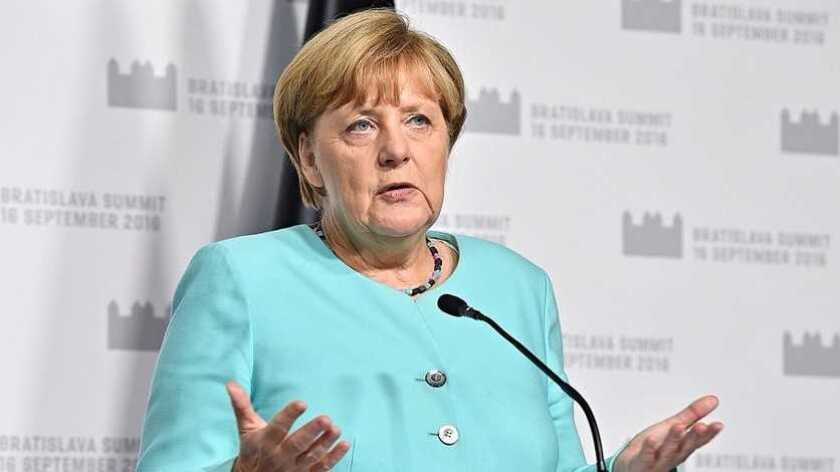Taking a leaf of out the UK’s book, German law makers seem to be favouring a rules-based approach to dealing with the likes of Huawei and its involvement in 5G networks.
According to Reuters, the document was drafted by Christian Democratic leaders to try and address the growing concerns of those in the party who view Huawei as a threat to national security. The paper aims to enable Germany’s coalition government to come to an agreement on 5G, after many months of debate.
Sources told Reuters that several lawmakers support the four-page document which instead of employing any individual bans, sets out the principles of a risk-management approach.
The paper reportedly states: “State actors with sufficient resources can infiltrate the network of any equipment maker. Even with comprehensive technical checks, security risks cannot be eliminated completely - they can at best be minimised. At the same time, we are not defenceless against attempts to eavesdrop on 5G networks. The use of strong cryptography and end-to-end encryption can secure confidentiality in communication and the exchange of data.”
All three of the country’s network operators are customers of the Chinese vendor, so completely excluding the company could prove risky.
Bearing that in mind, the document clearly distinguishes between access, transport and core networks, which are sensitive parts of the infrastructure allowing Huawei components to be handled different in the various parts of the network.
The paper does on to suggest using products from a range of vendor to avoid a “monoculture” as well as changes to the country’s telecoms and IT security laws for trustworthiness to be integrated into them.
“Equipment makers can only be trusted if they verifiably fulfil a clearly defined security catalogue that rules out any influence from a foreign state on our 5G infrastructure,” it said.
The paper would also give operators until 2025 to remove any equipment from its 4G networks that come from vendors who fail certification checks. It also pushes for Germany to implement a European industrial policy to ensure that its own companies can build all elements of internationally competitive and secure 5G networks.
In related news, Merkel is said to be in the early stages of discussion with Ericsson and Nokia to bolster the market position of European 5G vendors.
According to Handelsblatt, Merkel is pushing for European technological independence and is set to meet the companies later this month.






